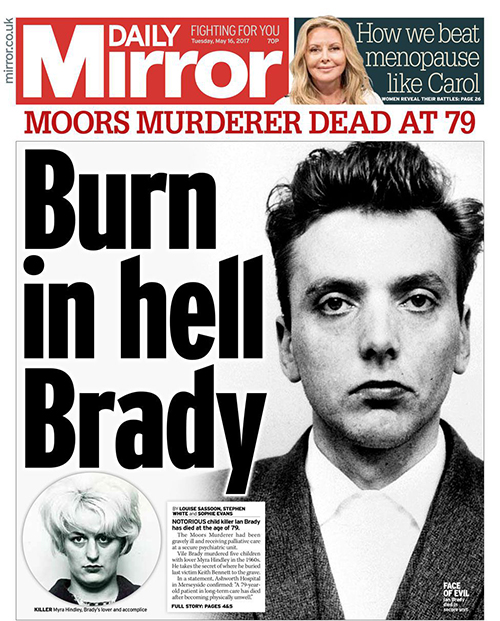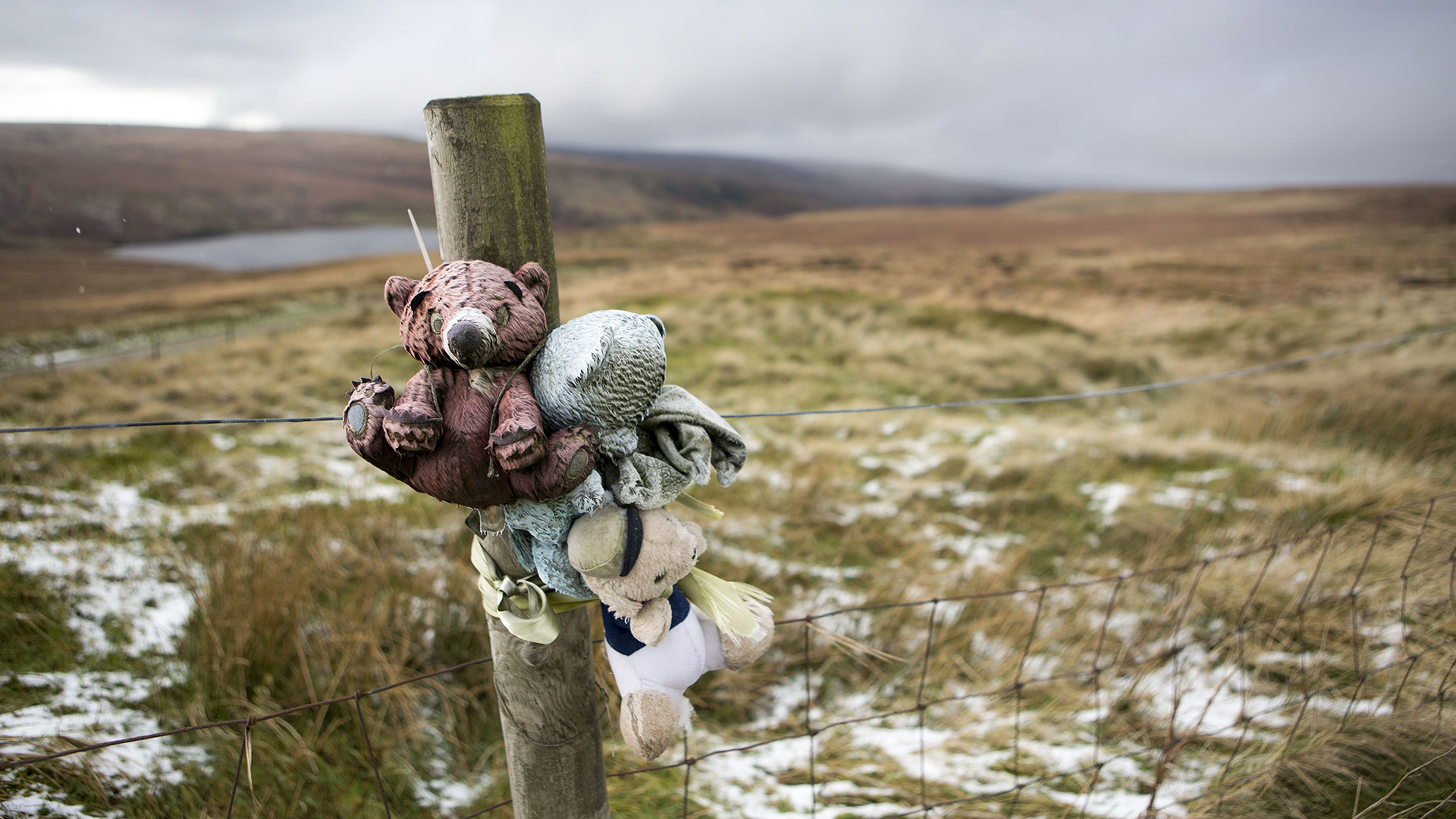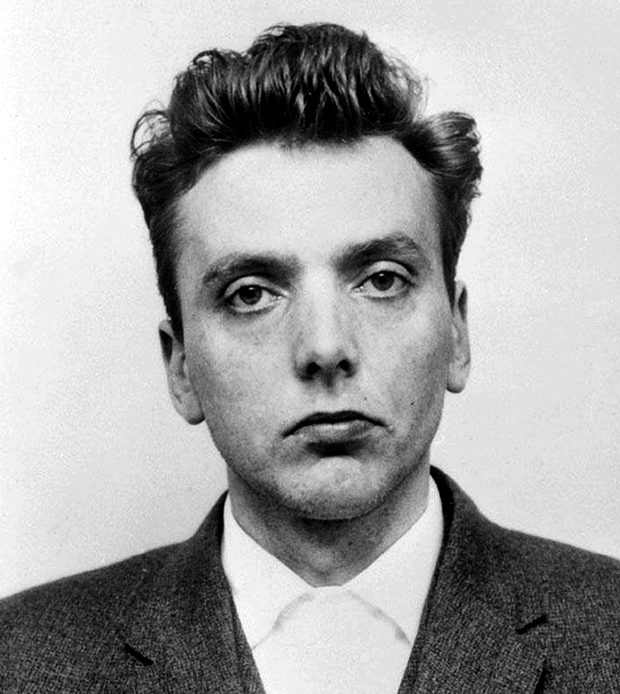Back when Ian Brady and Myra Hindley were found guilty of their crimes I was a 20-year-old, non-reconstituted ‘hang them high but let the family tear their eyeballs out first’ sort of fellow. So last week when I read on the front of an issue of the Daily Mirror their take on the death of Ian Brady –“burn in hell” – I was thrown back to those times.

It was the summer of the last time England won the World Cup, and in autumn the appalling death of many children, not at the hands of a pair of perverted killers, but of a nationalised industry. A mountain of slurry and coal waste was left above a school in Aberfan and it collapsed, engulfing the school. It seemed that year as if all of the promises that were flung around in the post-war period had dementedly turned to underline the precipitous life of childhood.
If the British people of the time, before we started to throw the term United Kingdom around, had got their hands on either the coal board managers who managed to orchestrate through neglect the death of so many children, or Brady and Hindley, there might have been blood spilt. But we had our MPs to represent us, and we were told that as many of us longed for blood-spilling justice we had to remember we were humans. That we needed to keep our humanity preserved by preserving the lives of people who had killed other people’s humanity.
Hanging the wrong man was what scuppered the death penalty
Brady and Hindley escaped the kind of justice most of the people I knew called for. Capital punishment had been removed from the statute books the year before and had not been used since 1963. Increasingly MPs, our civilisers, our calmers of our blood-curdling cries, had gone soft on topping people. This was largely due to the ingenious work of a lifelong campaigner Ludovic Kennedy, whose book 10 Rillington Place virtually proved that Timothy Evans did not murder his wife and child, and that it was John Reginald Christie. Christie who a year or so later was found to have murdered many women and buried them in his garden and outhouse.
Hanging the wrong man was what scuppered the death penalty because it did look as if the police either colluded or were bone idle, or just thick in their deliberances around who did kill Evans’ wife and baby. The cover-up seemed to involve many layers of the justice system and society. And therefore it convinced the many MPs to make state hangings a thing of the past.
But back then I was not alone in thinking about Brady in particular that his snarling face should have been obliterated from the planet. That we should have got old man Pierrepoint, the official hangman out of retirement and got him to do in both Brady and Hindley. Fifty-one years ago.










